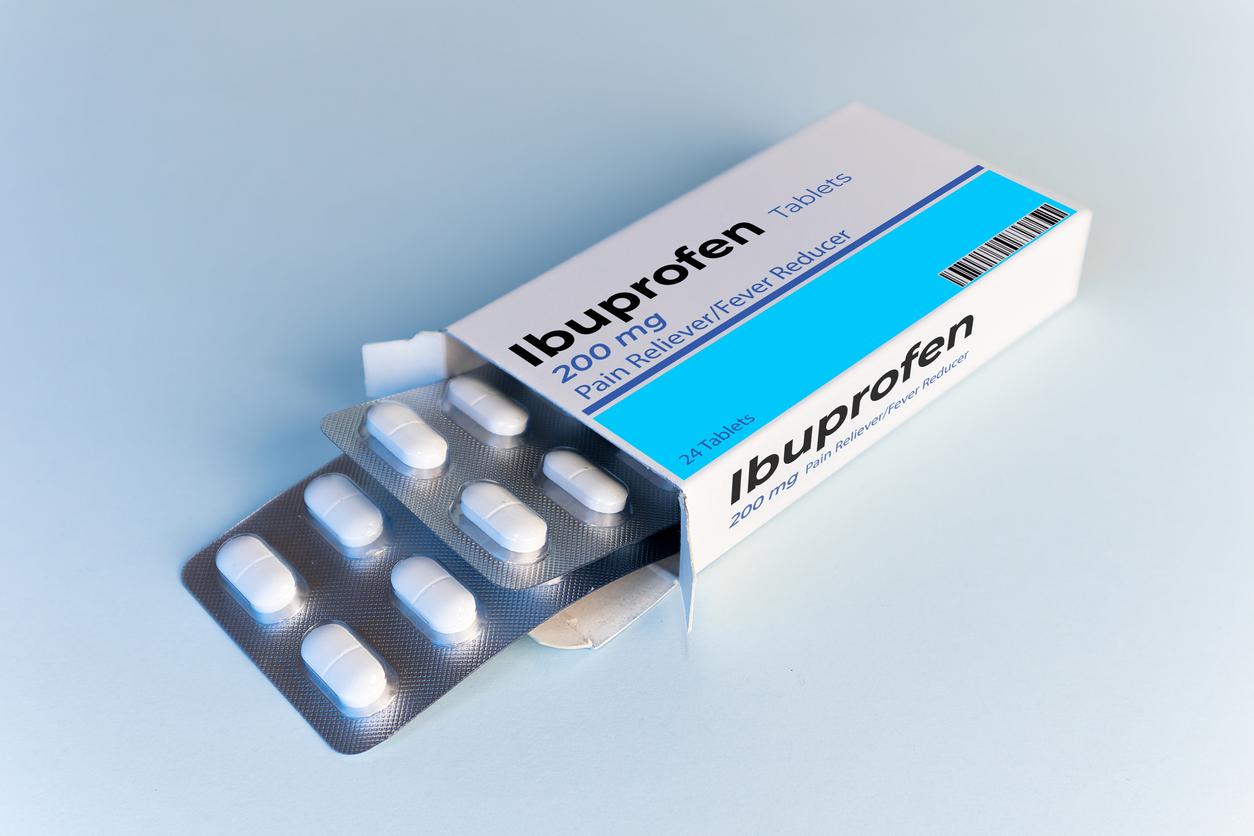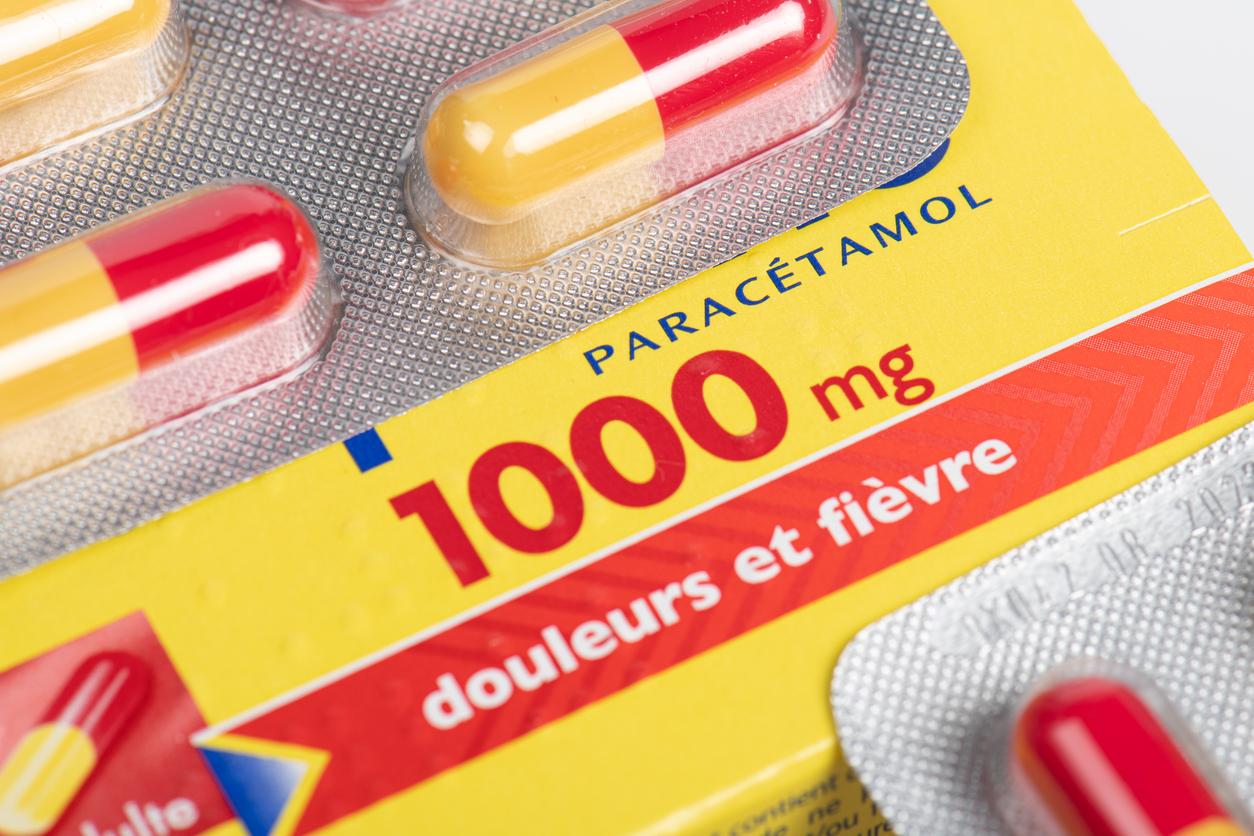Did you know? Physical activity is not only a way to stay in shape, it is also a real medicine to prevent and combat many chronic diseases.

- Sport is good for your health! It reduces the risks of many chronic diseases and improves your quality of life.
- It’s never too late to start. Even moderate physical activity has benefits.
- Consult your doctor before starting a new exercise program.
Diabetes, obesity, cardiovascular diseases, cancers… Sport can make all the difference!
Sport, a shield against chronic diseases
The World Health Organization (WHO) keeps repeating it: regular physical activity is essential for good health. But beyond preventing cardiovascular diseases, obesity and diabetes, sport also plays a key role in preventing certain cancers (colon, breast, endometrial).
How does it work? Exercise improves insulin sensitivity, reduces blood pressure, promotes weight loss, strengthens the immune system and has beneficial effects on mood.
Inspiring testimonies: when sport changes a life
- Marie, 55, type 2 diabetic: “Since I incorporated brisk walking into my daily routine, my blood sugar levels have stabilized and I feel much more energetic.”
- Pierre, 42, overweight: “Thanks to swimming, I lost 15 kilos and I suffer less from joint pain.”
- Sophie, 38, breast cancer survivor: “Sport helped me regain a positive body image and overcome the after-effects of my treatment.”
These testimonials perfectly illustrate the positive impact of physical activity on the quality of life of people with chronic illnesses.
How to start and maintain regular physical activity?
- Consult your doctor: Before beginning any new exercise program, it is essential to get the advice of your doctor, especially if you have any health problems.
- Choose an activity you enjoy: The key to success is finding an activity that you enjoy and that you will want to do regularly.
- Set realistic goals: Start with short sessions and gradually increase the duration and intensity of your efforts.
- Vary the pleasures: Alternate activities to avoid monotony and work different muscle groups.
- Practice in a group: Group sports are often more motivating and allow you to meet new people.
Sport is much more than a hobby, it is a real therapeutic tool. By integrating physical activity into your daily life, you are investing in your long-term health. Do not hesitate to get support from a health professional or a sports instructor to help you define your goals and set up a program adapted to your needs.
















